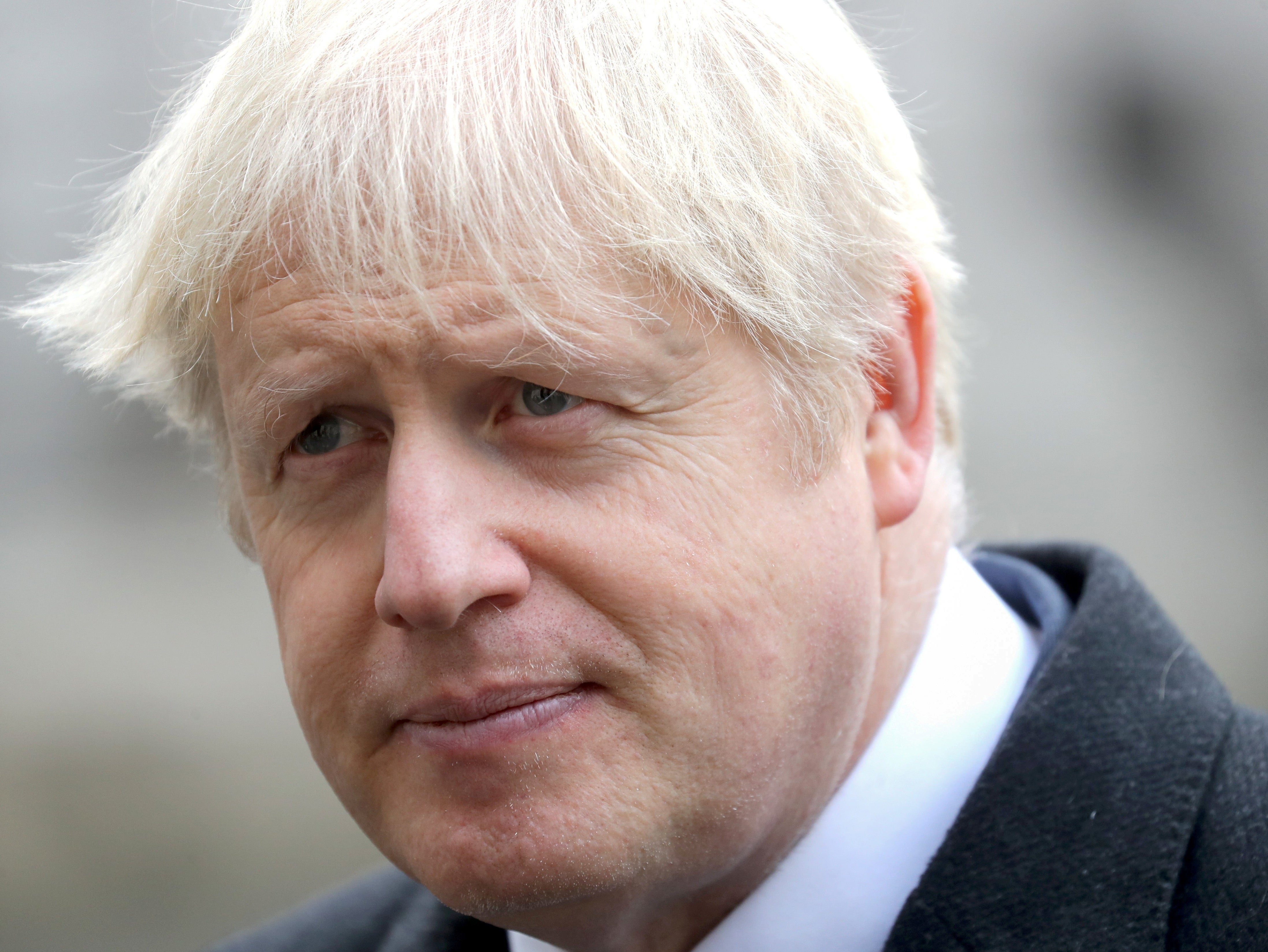Brexit: House of Lords inflicts government defeat over devolved consent to Internal Market Bill powers
Scotland, Wales and Northern Ireland would be given say over controversial use of powers contained in bill

Your support helps us to tell the story
From reproductive rights to climate change to Big Tech, The Independent is on the ground when the story is developing. Whether it's investigating the financials of Elon Musk's pro-Trump PAC or producing our latest documentary, 'The A Word', which shines a light on the American women fighting for reproductive rights, we know how important it is to parse out the facts from the messaging.
At such a critical moment in US history, we need reporters on the ground. Your donation allows us to keep sending journalists to speak to both sides of the story.
The Independent is trusted by Americans across the entire political spectrum. And unlike many other quality news outlets, we choose not to lock Americans out of our reporting and analysis with paywalls. We believe quality journalism should be available to everyone, paid for by those who can afford it.
Your support makes all the difference.Peers have inflicted a defeat on the government in backing moves aimed at ensuring the devolved administrations are involved in the future operation of the UK internal market post-Brexit.
The House of Lords voted for steps to force Westminster to seek the consent of Wales, Scotland and Northern Ireland before ministers are allowed to exercise powers contained in controversial legislation, with a majority of 77 votes.
The Labour-led change to the Internal Market Bill went further than the offer of consultation made by the government.
However, while it requires the secretary of state to seek the agreement of the devolved nations before making regulations, it also makes provision to avoid the threat of a veto.
If consent is not given within a month, the minister can press ahead, but must publish a statement explaining why they have done so.
The legislation has already suffered a string of defeats in the upper house, with peers voting overwhelmingly to strip out law-breaking powers that would enable ministers to override parts of the Brexit divorce deal — known as the withdrawal agreement — brokered with Brussels last year.
Speaking at the bill's report stage, business minister Lord Callanan said the government had listened in bringing forward proposed changes to the bill, which he said “put beyond doubt our commitment to consult each of the devolved administrations if any of the relevant powers are used”.
“However, once consultation is undertaken, the right place for final decisions should be back in parliament where parliamentarians from all parts of the United Kingdom can debate and vote on the proposed use of these powers,” he added.
Labour frontbencher Baroness Hayter of Kentish Town said there was an expectation that “any regulation about the functioning of a market across four nations ... be made in partnership with those other three participants”.
Highlighting the changes she wanted to the bill, she said: “They don't hand a veto to any one of the devolved authorities. What they do is take further the very welcome admission by the government ... that it would be unthinkable to make regulations affecting devolved competencies without consulting their governments and legislatures.
"Our further step is to add a bit of 'grip' to the consultation by making it a real, proper involvement.
“It won't cause any delay but it would ensure that there's no risk of any tokenism in the consultation.”
For the Liberal Democrats, Lord Bruce of Bennachie warned there was “real dismay” at the government's attitude towards devolution in the Bill.
He said the government had to recognise that more than consultation was required and it needed a genuine commitment to make devolution work.
Later, the government suffered a further defeat with peers backing by 285 to 224, majority 61, a demand for each of the devolved administrations to appoint a board member to the Competition and Markets Authority (CMA).
The CMA will host the new independent monitoring body, the Office for the Internal Market (OIM), which will support the smooth running of trade within the UK.
It will provide independent, technical advice to parliament and the devolved administrations on regulation that may damage the internal market.
Ahead of the vote, Lady Hayter said the change was needed to ensure the CMA really did act on behalf of the whole country.
But Lord Callanan said changing the wider CMA structures was “wholly unnecessary” and would create a “deeply unhelpful precedent”.
Press Association



Join our commenting forum
Join thought-provoking conversations, follow other Independent readers and see their replies
Comments